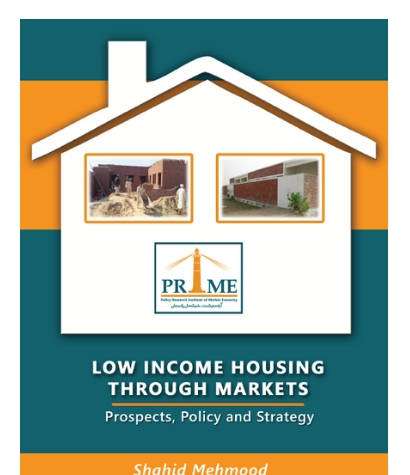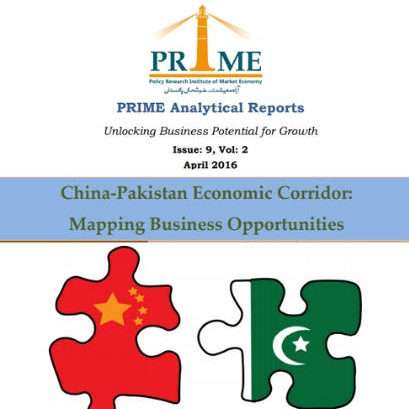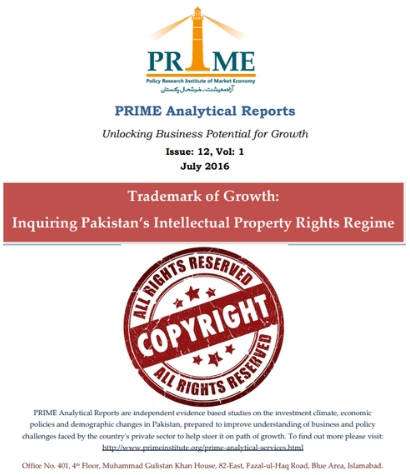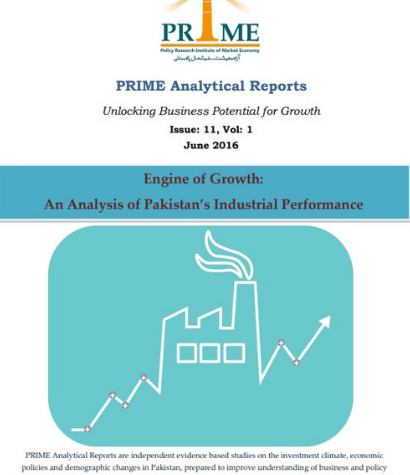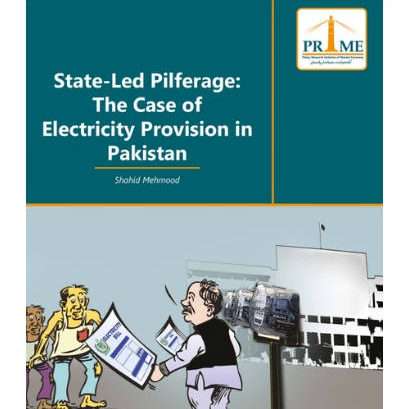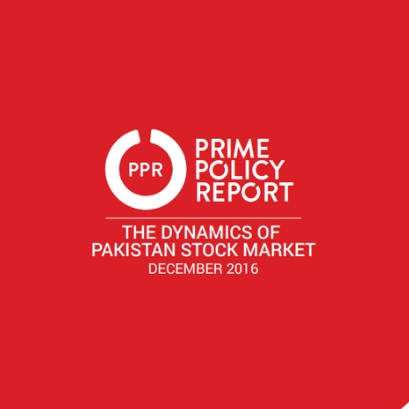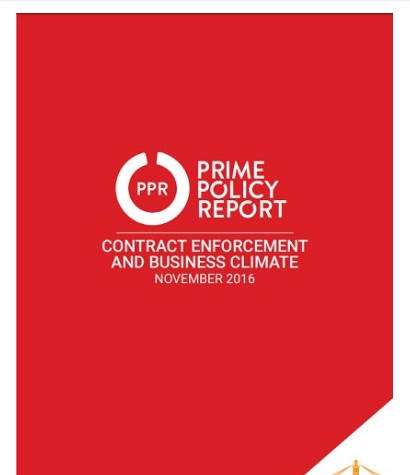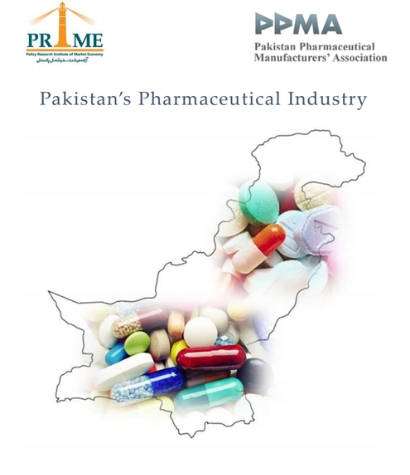Low income housing through policy (2015)
This study looks at an important, but often neglected, aspect of socioeconomic activity. The need to have a shelter of one’s own is a fundamental right, and this study analyzes the important issues surrounding it.

